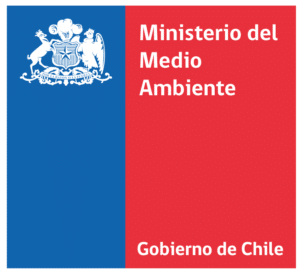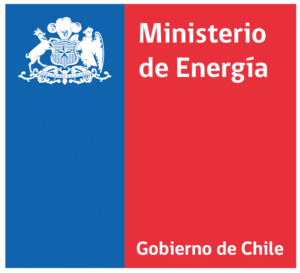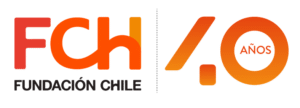United for Efficiency supports Chilean regulators and regional bodies to advance policies, strategies and actions for the phase-out of inefficient appliances, equipment and lighting. Emphasis is on an integrated policy approach so that a transition can be sustained by the domestic market without continued external support or resources.
Energy-Efficient Lighting will Save Chile Annually:
2 TWh of electricity,
equivalent to 5 powerplants (100 MW)
nearly 500 million US$
in reduced electricity bills
1 million tonnes of
CO2 emissions, equivalent
to taking over 500 million
passenger cars off the road
Status
- Minimum energy performance standard (MEPS) for incandescent lamps entered into force in 2015, banning their sale.
Current Actions
- Enhance National Efficient Lighting Strategy with more stringent MEPS, taking into account advanced lighting technologies and systems.
- The objective of the current phase is to sell only Class A lamps (on an energy efficiency scale from A to G), apply MEPS for tubular, circular and compact fluorescent lamps, and stimulate the market presence of new lighting technology (improved incandescent and halogen or LED).
Labelling
Status
- Mandatory energy efficiency labelling has been implemented in phases:
- 2014: LED lamps with integrated ballast, and single and double-capped tungsten halogen lamps for domestic use and general lighting with a rated voltage up to 250V;
- 2011: Double-capped fluorescent lamps for general lighting;
- 2007: Tungsten filament incandescent lamps for domestic use and general lighting;
compact fluorescent lamps (CFLs) for general lighting, with rated power up to 60W, rated voltage between 100V and 250V, Edison or bayonet screw caps
Current Actions
- Specifications for certifying efficiency of tungsten halogen lamps with dichroic reflector are under development.
Communication and Education
Status
Current Actions
- Design and evaluation of a demonstration program implemented for locally-appropriate LEDs and lighting controls among country selected stakeholder groups (i.e. low income residents)
Status
- ANESCO, an energy service company (ESCO), is the only organization that brings together the companies’ products and services, which deliver energy efficiency solutions.
- It incorporates the concept of energy management in the management of enterprises, through promoting the ESCO model to finance projects.
- A Guarantee Fund for Energy Efficiency Projects, administered by the Chilean Energy Efficiency Agency AChEE, is delivering a scheme focusing on funding for developing projects in public institutions with the ESCO modality.
Current Actions
Status
- A one-year energy efficiency certificate, based on international standards, is required to market lighting products.
- An accredited laboratory conducts the tests. Certification is carried out by a certification body, accredited by the national standardization agency Instituto Nacional de Normalización (INN), and authorized by the SEC for each protocol use.
Current Actions
- Defined and implemented legal and administrative processes to improve compliance with national standards.
- Technical support to government authorities and customs administrations.
- Strengthening of national laboratories to verify compliance with standards.
- Monitoring, Reporting and Verification actions to assess progress in the transition to efficient lighting.
Status
- The Law for the Promotion of Recycling, adopted in April 2016, enforces the concept of extended producer responsibility (EPR).
- MAPS Chile Project (lecB-Chile), developed under the Nationally Appropriate Mitigation Actions (NAMA).
- Low Emission Capacity Building Project (lecB-Chile), developed under the Nationally Appropriate Mitigation Actions (NAMA).
- The National Plan for Risk Management of Mercury.
Current Actions
- National framework and strategy developed for environmentally sound management of lighting products.
- Training provided to governmental authorities, retailers and collection services.
- Development of a Collection and Recycling System Organization (CRSO) business model for spent lamps, including international coordination for the environmentally sound export and import of lamp waste.
Key Documents
- National Program for Sustainable Consumption and Production
- 2050 Energy Policy
- Energy Agenda Summary
- 2013-2017 Efficient Lighting National Strategy
- 2020 Energy Efficiency Action Plan
- 2010 Final use and energy conservation supply curve for residential sector study
